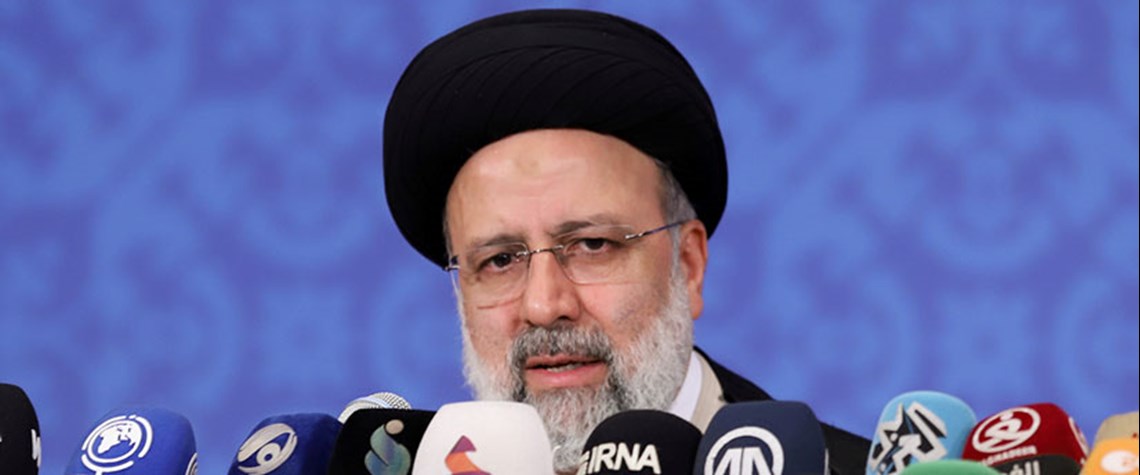Economic realities may force Iran to the table
Hardline rhetoric and positions apparently further apart than ever may obscure appetite for a deal
Iran and the P5+1—the US, the UK, France, China, Russia and Germany—remain no closer to a nuclear deal after six rounds of talks. It is difficult not to feel that previous cautious optimism may be ebbing away as we enter a seventh round. The key question, though, may be whether Iran can afford not to reach an agreement. The election of Ebrahim Raisi, mooted as a potential successor to the ailing 82-year-old supreme leader Ayatollah Ali Khamenei, has ushered in a new period in Iranian politics. Unsurprisingly, the alignment of conservative centres of power in Tehran has irked diplomats in Washington. Tit-for-tat tanker attacks in the Mid-East Gulf in recent weeks have also escalated—bringing

Also in this section
29 July 2025
The EU’s Russia sanctions could have far-reaching implications for India’s Vadinar-based refinery
29 July 2025
There is a good strategic case for China to sign a deal for gas supplies via the proposed Power of Siberia 2 pipeline, but Beijing’s concerns over over-dependency on a single supplier and desire to drive down the price make it relatively unlikely that a contract will be finalised this year.
29 July 2025
EU industry and politicians are pushing back against the bloc’s green agenda. Meanwhile, Brussels’ transatlantic trade deal with Washington could consolidate US energy dominance.
25 July 2025
KRG, Iraq’s central government and Turkey are all working to get exports flowing from the key port, but complications remain








